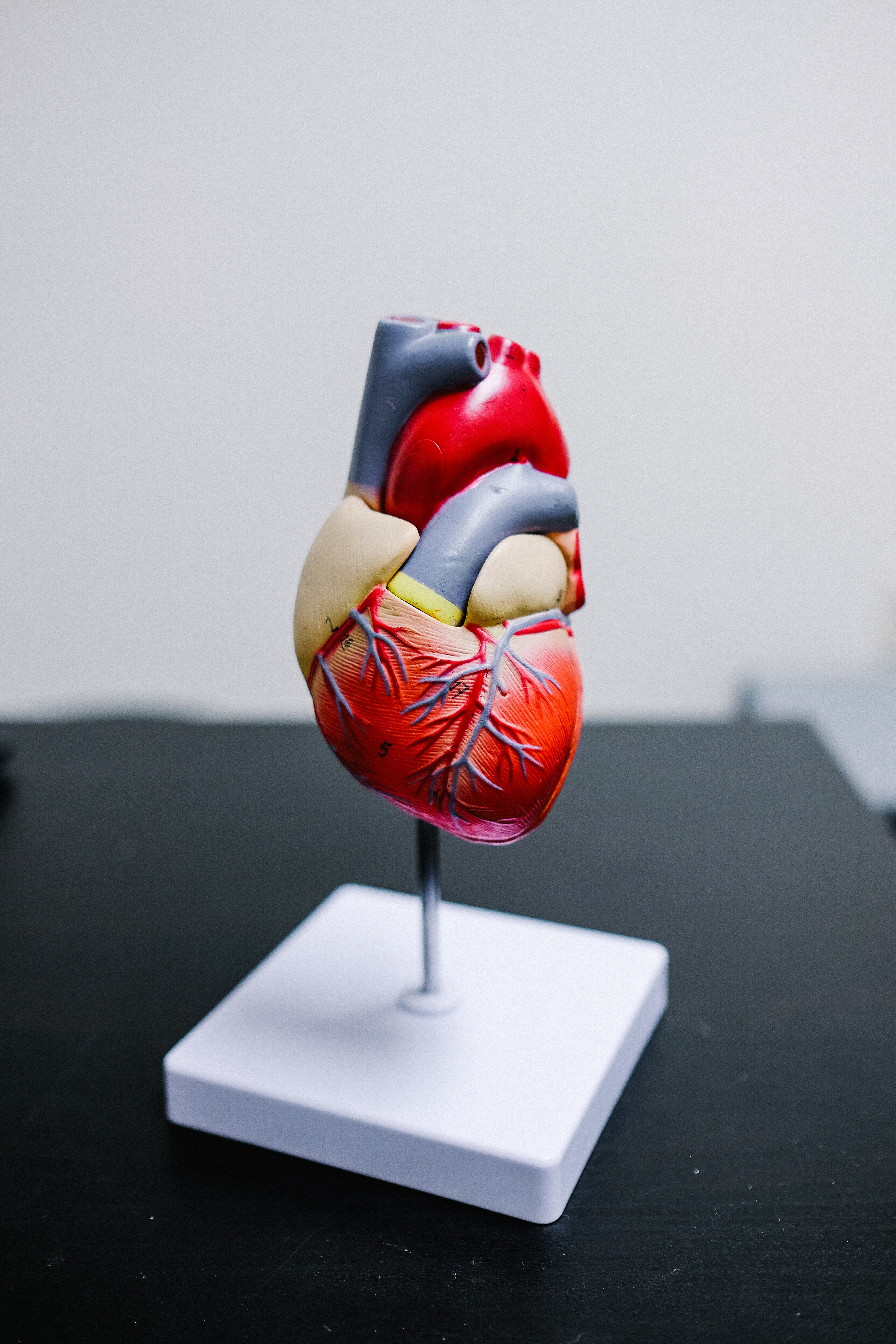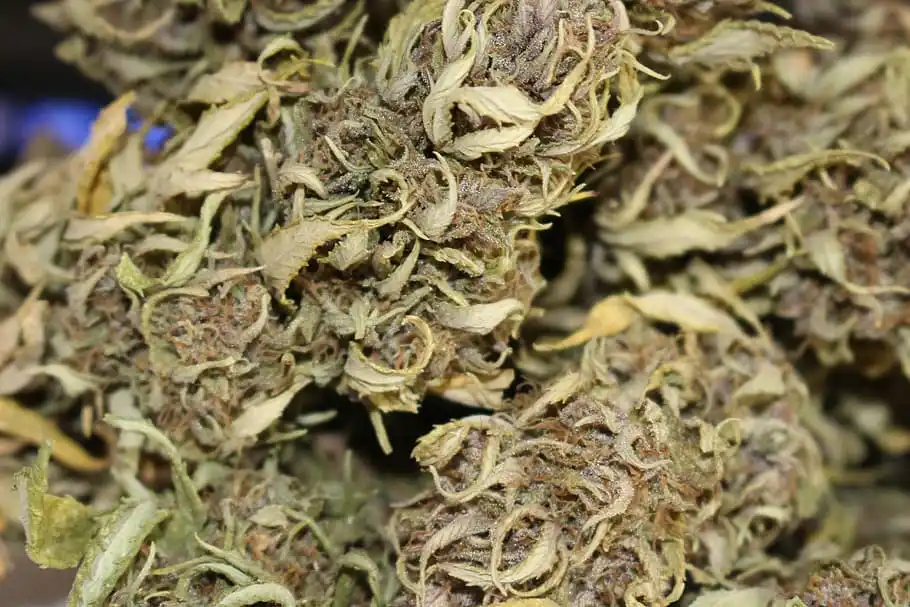Is it Okay to Smoke Marijuana if you have Mitral Valve Prolapse?

Andy Asked
Is it ok for me to smoke marijuana if I have mitral valve prolapse?
Summary

Answer
Thanks for your question. Although more research on this topic is needed, most scientists agree that acute cannabis use may increase blood pressure and heart rate which can be dangerous for people with heart problems such as mitral valve prolapse.
What is Mitral Valve Prolapse?
The upper chambers of the heart are called atria and the lower chambers are called ventricles. There are four heart valves located within the heart’s four chambers.
With every heartbeat, these valves must open and close firmly. The mitral valve prevents the backflow of blood from your left atrium into your left ventricle. Mitral valve prolapse occurs when the flaps of the mitral valve do not close tightly, and blood starts to flow back into the ventricle when the heart contracts. Mitral valve prolapse usually does not exhibit any symptoms, and often no treatment is required. Usually, the condition can be treated with medication and lifestyle modifications. But if this backflow of blood creates unpleasant symptoms, surgery to replace or repair the valve may be needed.
Links Between Cannabis and Heart Disease
Lately, reports have surfaced about the negative effects of cannabis on those with cardiovascular disease, as well as its potential side effects on the cardiovascular system as a whole. It is common knowledge that the body’s heart rate and blood pressure both increase minutes after using cannabis, even though people claim the drug provides relaxing effects.
Certain studies show that cannabis consumption reduces blood flow in the coronary arteries (arteries leading to the heart), along with another more common side effect that is an irregular heartbeat (atrial fibrillation in which upper chambers of the heart spasm instead of contracting normally). The latter may occur shortly after inhaling cannabis. A US study revealed that among ~2.4 million cannabis users who'd been hospitalized, about 3% of them had developed atrial fibrillation.
One particular study demonstrated that a patient blacked out after using cannabis due to a dangerous heart rhythm that likely developed due to a decrease in blood flow to the coronary arteries. Since blood flow to the coronary arteries may already be disrupted by mitral valve prolapse, these effects could aggravate symptoms in people suffering from the condition. Once concentrations of cannabis in the body are sufficiently reduced, blood flow and heart rhythm usually return to normal.
In another study, the reduction in coronary blood flow led to a serious heart attack. Many reports have also shown cannabis to increase the risk of heart attacks up to 5 times, just an hour after using the drug. Cannabis may also increase the incidence of stroke and arrythmias (as previously discussed). An Australian study of adults up to the ages of 65 revealed that that smoking cannabis at least once every week had an almost five-fold increase on the risk of stroke compared to those who use the drug less often.
And last but not least, another worrisome factor is that those who use cannabis are also more likely to use other illegal drugs, smoke tobacco, and foster a poor diet – all risk factors for heart disease.
Final Thoughts
Despite mounting research, it is still difficult to say that cannabis is the only reason a person or patient might experience heart problems or aggravate his or her existing symptoms. In fact, it's not likely that is the case because cardiovascular disease has multiple causative factors, and one cannot be highlighted as the chief cause. As more researchers evaluate cannabis's association with cardiovascular disease, a definitive correlation can be further developed. However, you must keep in mind the drug’s potentially harmful effects.
- The Impact of Marijuana on the Cardiovascular System: A Review of the Most Common Cardiovascular Events Associated with Marijuana Use (PubMed).
- Open Access Recent cannabis use and myocardial infarction in young adults: a cross-sectional study (Study).
- Triggering myocardial infarction by marijuana (PubMed).




